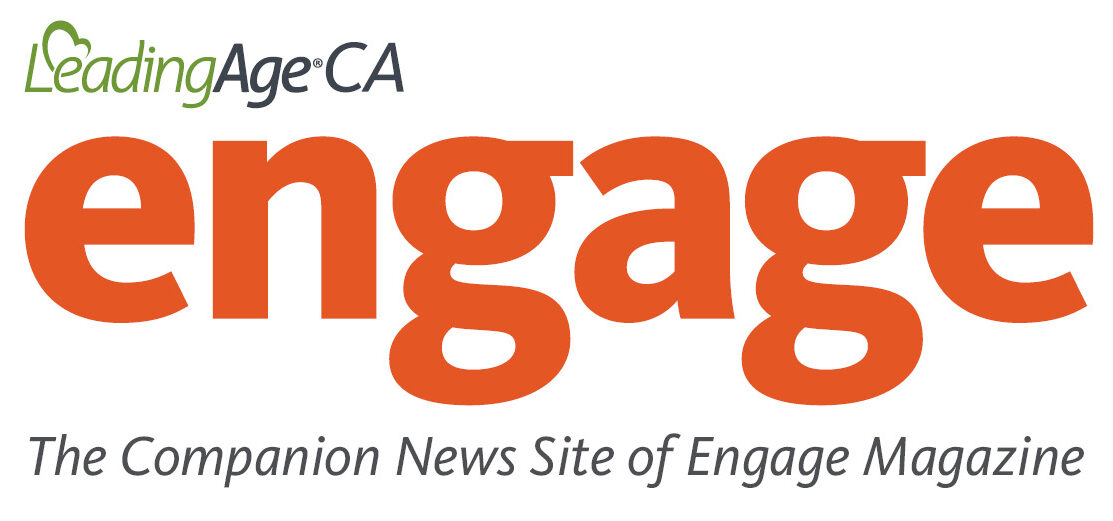In today’s society, aging is often seen as synonymous with decline. “Most definitions of aging equate it with getting worse,” says geriatric neuropsychiatrist Dr. Dilip Jeste. “I wondered if that was necessarily true.” While many studies focus on the diseases of aging, as Director of the Stein Institute at UC San Diego, Jeste wanted to explore the other side of the coin – what parts of life improve with age? With that question in mind, The SAGE (Successful AGing Evaluation) Study was launched in 2010.
Scientists Rowe and Khan in 1987 defined successful aging as the “absence of illness and disability, a high level of psychosocial functioning, and high cognitive function,” explains Jeste, but this would exclude the majority of older adults because most seniors deal with health conditions on some level. “So according to that definition, very few people are aging successfully,” he says. “So who decides if someone is aging successfully? Ultimately, it is the individual who decides.”
Participants in The SAGE Study were selected using random digit dialing (similar to Gallup polls) which selects, for example, every 75th phone number out of thousands. They were selected regardless of illness or disability and their ages ranged across the entire adult life span. Participants continue to be surveyed annually. “The study will end when only a small sample is left,” says Dr. Jeste. “There is attrition of the sample every year due to deaths, serious illnesses, or lack of interest in participation,” he explained.
The question ‘what is successful aging?’ was assessed both subjectively and objectively. Researchers have assessed physical health, cognitive function, and mental health, including scales for a broad spectrum of traits from anxiety, depression, and stress to optimism, resilience, compassion, and wisdom. “We have been following these people now for about 12 years,” says Dr. Jeste. “And one of the most important findings was what I call the “paradox of aging.”
People in their 20s and 30s are typically at their physical peak, he explained, but their sense of well-being was often not as great. “They felt the most stressed out, most anxious, and most depressed.” says Jeste. However, as people grew older, despite dealing with health issues, financial woes, or the loss of loved ones, their sense of well-being actually improved.
“As people got older, they became happier, more contended, less depressed, and less anxious,” says Jeste. “An 80-year-old in a wheelchair with cancer and heart disease says, “Oh, but I’m so happy. I’m still alive. I brought up a large family and I’m proud of what I have done in my life.” The main point, he emphasized, is that older people were generally more content.
Recently retired, Dr. Jeste’s work is currently focusing on reducing ageism by promoting and studying intergenerational activities. “The modern society is so ageist,” he says. “In reality, older people bring so much to help the younger generations. The brain continues to grow in older age if people stay active physically, cognitively, mentally, and socially. The whole concept about aging meaning degeneration is so wrong.”
To learn more visit UC San Diego Health Sciences




